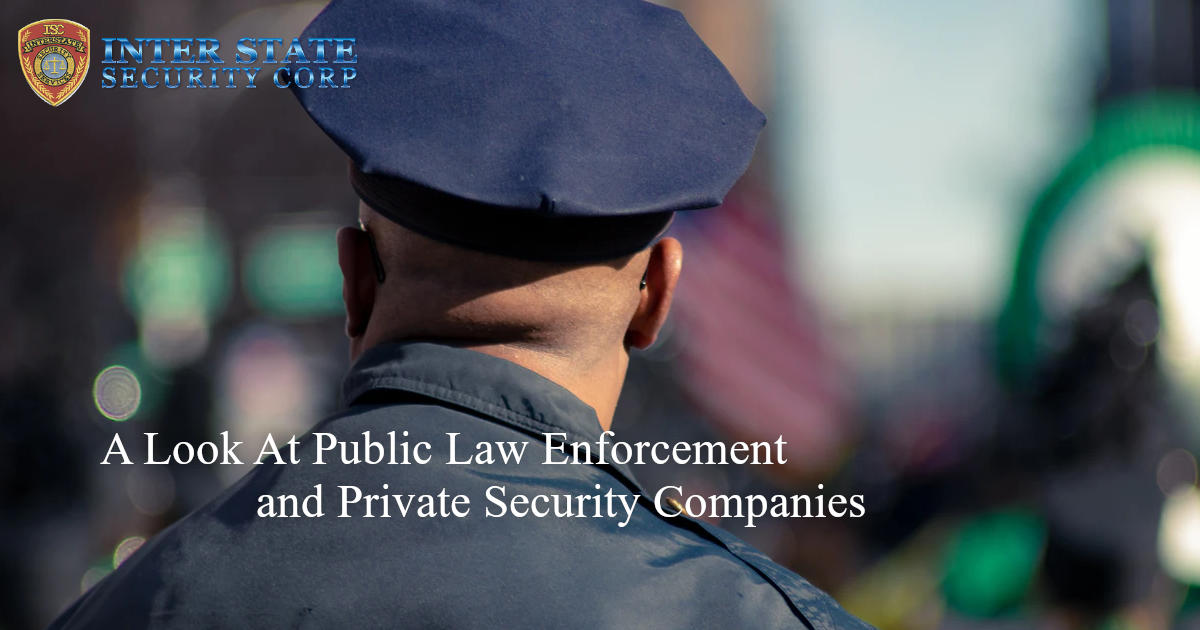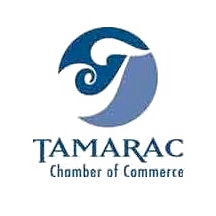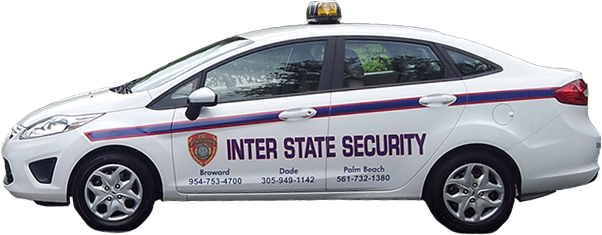
Every month, taxes are allocated to paying the salaries of public law enforcement whose job is to keep crime at bay. However, there are instances when additional, alternative security measures are required. In these situations, private security companies are able to help deter potential risks.
With several current happenings casting a doubtful light on the capabilities and trust in public law enforcement, there’s an increased interest in private security. But what is the main difference between public law enforcement and private security companies? And how can private security be beneficial over police?
Public Law Enforcement vs Private Security
In theory, both security measures are important cogs in the safety of society. Understanding the main differences between the two will help to differentiate the various roles that they play.
Public Law Enforcement
Police and prosecutors fit the role of public law enforcement, with police representing civil authority. They maintain public order and safety, ensuring that the state law is enforced when necessary. This is done by preventing, detecting, and investigating criminal activities.
Private Security
Effective private security companies, such as Inter State Security, are hired on a private basis to observe, report, and deter security. This is typically done by following certain state regulations.
Benefits of Private Security
There are small nuances that differ between the two forms of security, pivoting mostly on authority, sensitivity to legal ramifications, and the scope of protection.
Authority
Private security has a lot more authority on private property than police as they are often hired directly by the property owner or manager. Their services can be tailored to the needs of their employer.
This includes the authority to search belongings in the interest of the company and enforce the rules of the company.
In contrast, even off-duty police hired for security has to follow certain rules and guidelines as imposed when on-duty. Most noticeably, the 4th and 14th amendments govern the actions of the police.
Safety
Professional private security doesn’t carry guns but maintains an authoritative presence without the fear of getting shot in the crossfire. Although private security does not carry armed weapons, they do have arrest powers for both criminal and civil matters.
Public police are trained in the use of armed weapons and, as news stories will tell, these firearms are often misused. In addition, police are also limited by their responsibility to the “criminal realm”, preventing them from becoming involved in civil matters.
Scope Of Protection
Private security has more security options available. From bodyguards, uniformed or unmarked security, patrols, and crowd control – private security is more flexible in their offerings. Private security companies also offer security equipment and security consultations as quality protection services.
Public police are limited by government restrictions, especially on private property, which reduces the security options that they offer. They are also limited by their access to security tools, but private security is trained in a variety of technological assets.
Professional Private Security In South Florida
Overall, public police and private security are both called to observe, report, and deter crime in their own capacity. Private security has more authority on private property and, in many ways, are more incentivized to perform well for their client. As neither their job nor their salary is guaranteed or fixed.
Police, on the other hand, are more restricted by the government. However, they are known to be better trained than private security in many instances. When hiring professional and experienced security from an established organization, such as Inter State Security, then you can be assured that training has been executed at the highest level.
Inter State Security provides qualified, licensed, and highly trained private security in South Florida. Call (954) 753-4700 for Broward, (561) 732-1380 for Palm Beach, and (305) 949-1142 for Miami-Dade to find out more.






